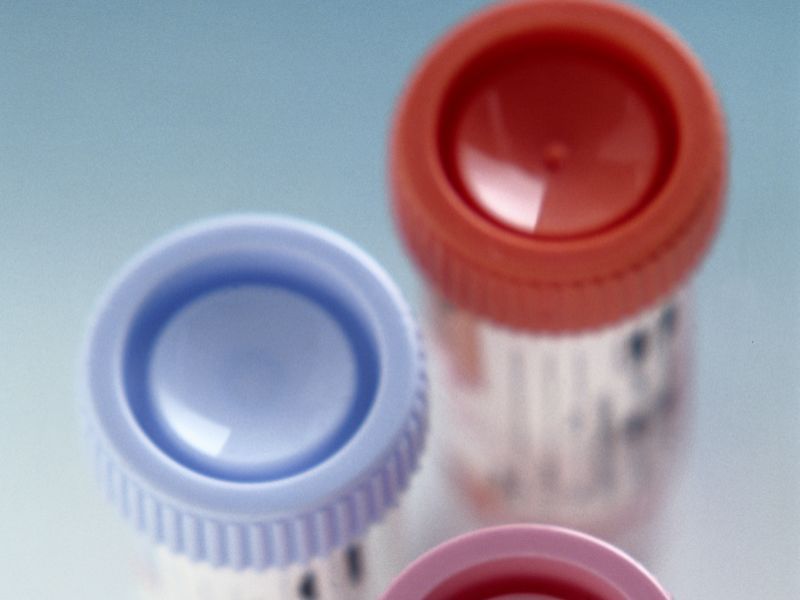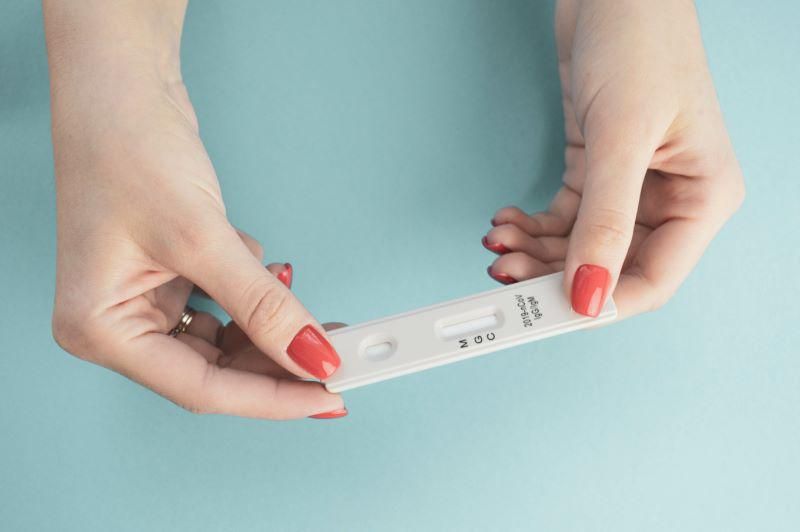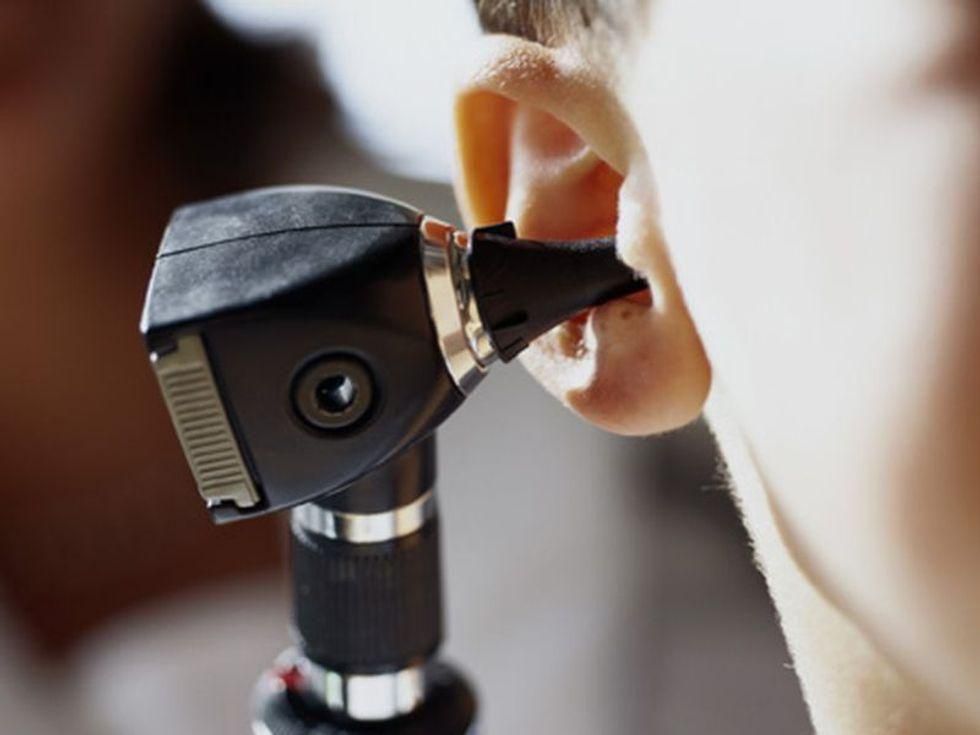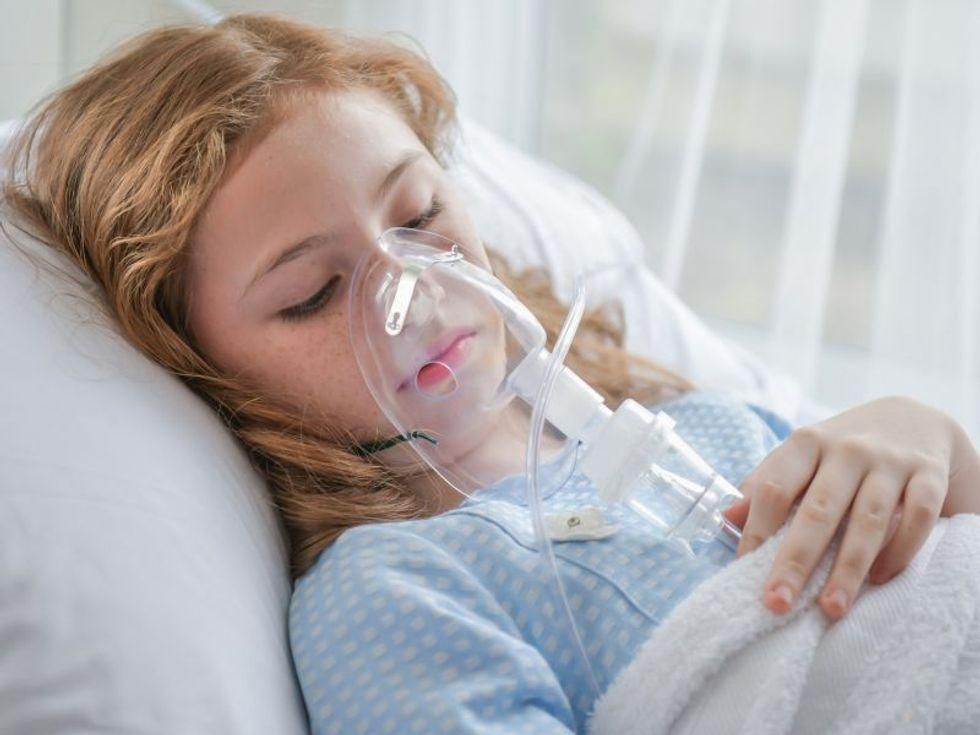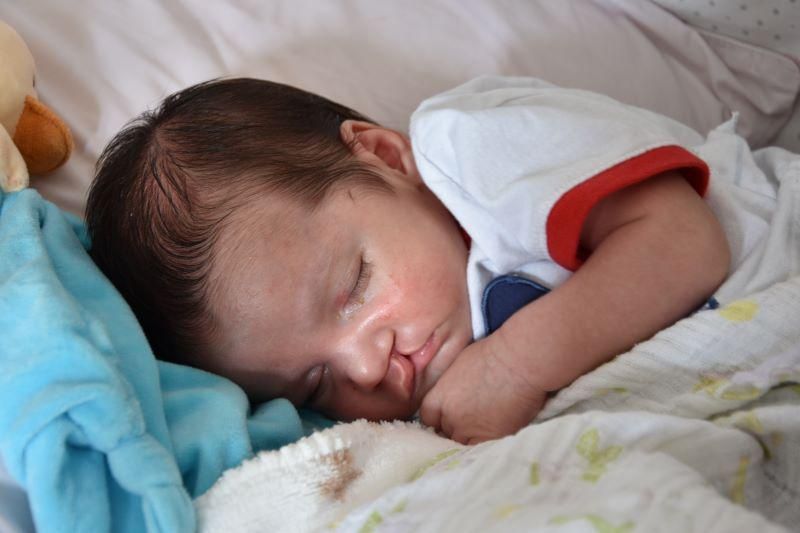
Economic status appears linked to increased risk of being born with a cleft palate or lip, new research suggests, building on past evidence that it can also result in delayed care and poorer outcomes. Cleft palate and cleft lip are the terms that describe openings or splits in the roof of the mouth and lip,… read on > read on >










